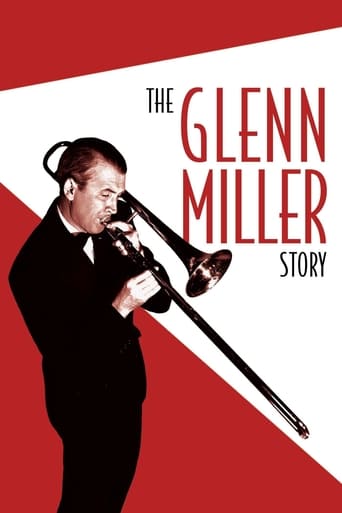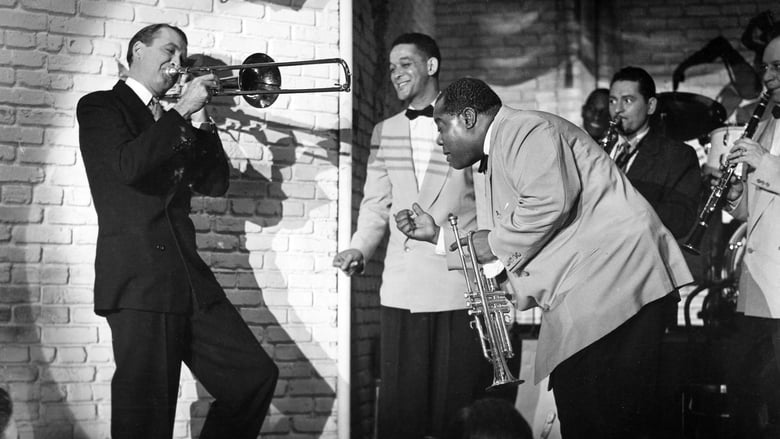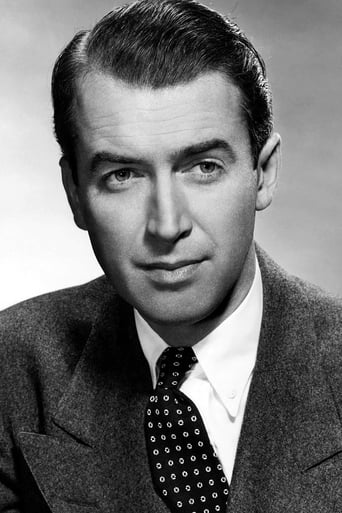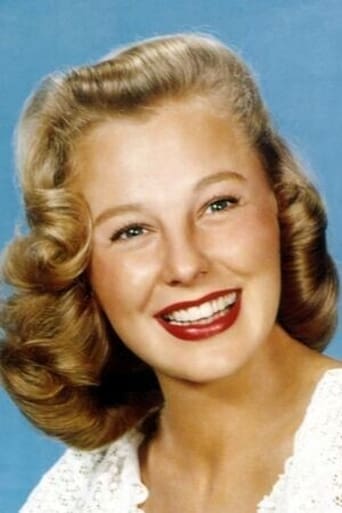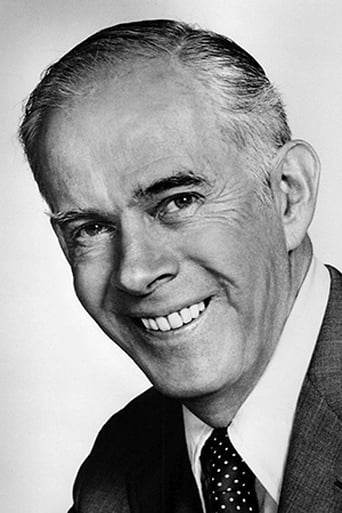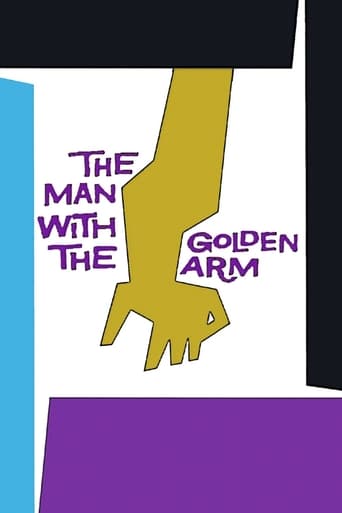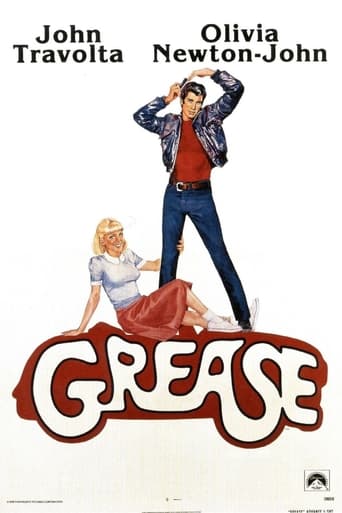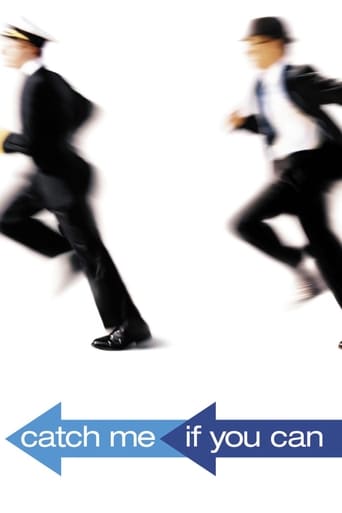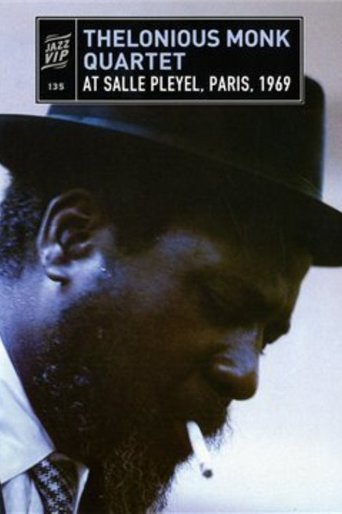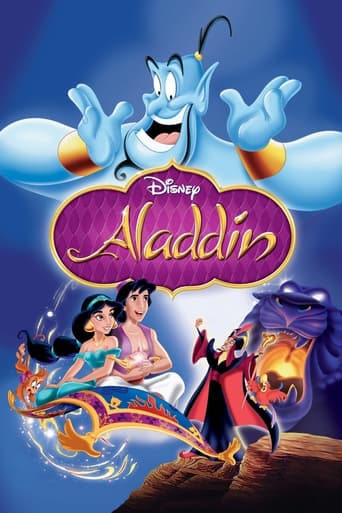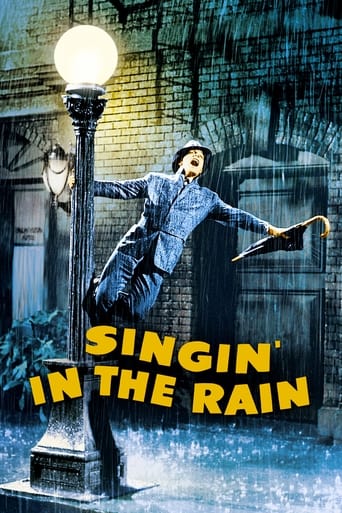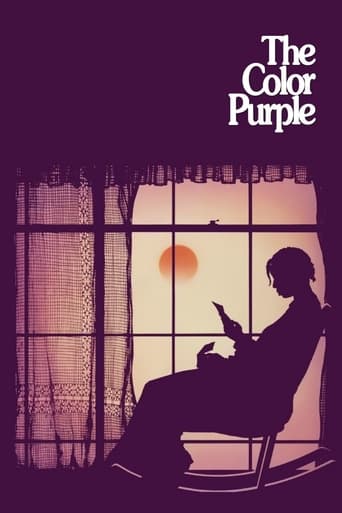The Glenn Miller Story (1954)
A vibrant tribute to one of America's legendary bandleaders, charting Glenn Miller's rise from obscurity and poverty to fame and wealth in the early 1940s.
Watch Trailer
Cast


Similar titles
Reviews
Memorable, crazy movie
Best movie ever!
The film's masterful storytelling did its job. The message was clear. No need to overdo.
The film may be flawed, but its message is not.
Very many ages back, as a boy of almost eight years of age I saw this movie, enjoyed it, and now am glad I have seen it recently. James Stewart is in one of his best roles as the man who was a pioneer in music. June Allyson was wonderful in her role as Miller's sweet, loving wife Helen. (Although Allyson was only a year younger than my late mother, even as a little boy I was always "in love" with that pretty movie star.) Harry Morgan and George Tobias were very good as the supportive friends of both the man and his wife. The '30's were well-depicted. Of course, what drew people to this movie, I would dare say, were the best of Glenn Miller's songs; "Pennsylvania 6-5000", "Moonlight Serenade", "Tuxedo Junction", and "String of Pearls" were, and are, among my favorites. Romance, good acting, occasional comedy, and definitely good music always make for a great movie, and all these elements were found in this outstanding classic.
Under Anthony Mann's direction, this film called " The Glenn Miller story " is as close to the heart as can be when retracing the life of the great American composer. From first to last, the story is well written and with the added talents as James Stewart who plays Glenn Miller, Harry Morgan as Chummy MacGregor and George Tobias, the true persona of the American Band Leader shines clear. Because they worked so well together, June Allyson once again portrays, Miller's wife Helen Berger Miller adding both her voice and sympathetic appeal. The movie tells the story from the beginning when Miller was nearly destitute, but forever struggling to find that 'Special Sound' until he eventually found when he formed his own band. Shadowing his life is that inescapable sound of Glenn Miller and his orchestra which accompanies the movie and one is hard pressed not to recall the highlighted tunes such as 'Moonlight Seranade' and 'In The Mood.' The overall effect of Miller's tunes are what gives this homage to his time and era, allowing audiences to remember the man and his music. Exceptional rendition of his life and times. Easilly recommended to all. ****
I was born in the 60's. so Big Band Music was way before my time. So naturally, I wouldn't say I'm a big fan of the music, but of course have heard it from time to time. There are a few memorable pieces that you can't help but run across and that become somewhat "familiar". Well, I certainly didn't know enough to know the names of the songs or who performed them.Well, to my surprise as I am watching this movie, most of the ones I would recognize were all in this one little picture. So needless to say, this man's music has transcended it's appeal to those of that generation, when someone 60 years later, recognizes and appreciates the unique sound he put together.So, with that being said, I basically knew nothing about the man's life, and certainly could not have predicted the ending of the movie because of that. I know everyone who watched this movie when it came out would have known, and so I'm sure it was anti-climatic. But for me it was quite a shock and saddened me greatly.I was very touched by the beautiful love story between Miller and his wife. I think Stewart and Allyson played their roles superbly and had a wonderful and endearing chemistry between the two. I don't know if the details of their courtship were accurate, but it's amazing that she would just up and agree to meet and marry him after not seeing or hearing from him for 2 years. If it is true, it must mean that 2 people really know when they are right for each other and destined to be together.One scene I found amusing, is on their anniversary, Mrs. Miller is "out shopping". When she gets home, she surprises her husband by bringing home a baby! I know they couldn't have children of their own and already had adopted a boy. I just can't imagine someone doing this without there having to be lots of planning, both parties signing forms, etc.This is a great movie, for the characters, the superb acting, the great music, and the appearance of several other musical performers. I especially liked the club scene where Louis Armstrong performs (except for the changing colors spinning in across the camera lens - that was distracting).
The primary goal of a good biopic is to educate the audience about a man's life, and to perhaps offer a unique insight into the personal life, ambitions and motivations of a relatively well-known personality. 'The Glenn Miller Story (1953)' accomplishes only one of these objectives. The straightforward title of Anthony Mann's picture already offers a hint at the nature of the film itself, which is a rather pedestrian retelling of the life of jazz musician Glenn Miller. As far as biopics go, the film is undemanding and, in terms of storytelling, dwells well within the lines of conventionality, but the sheer charisma of James Stewart, in addition to an absolutely incredible jazz soundtrack, makes it a far better film than it has any right to be. Aside from his long-unexplained disappearance, which the film doesn't explore in any detail, the life of Glenn Miller is arguably no more exciting than any other successful musician, but perhaps director Anthony Mann simply made the decision to enable him to play "Moonlight Serenade" on no less than three occasions. However, it's such a perfect musical composition that I don't blame him.Talent is certainly an important ingredient for success, but even the most talented musicians must rely on dedication and sheer luck before they become famous. Glenn Miller (1904-1944) spent the first few years of his musical career in virtual anonymity, the public seemingly finding nothing in his work to distinguish him from the thousands of other aspiring musicians. However, after charmingly tempting his ex-college sweetheart (June Allyson) into a New York marriage, and spending years chasing a seemingly unreachable dream, Miller finally struck fame and success, his musical arrangements and Miller band performances making him a very rich and popular man, indeed. In 1942, at the peak of his career, Miller voluntarily joined the Armed Forces to, in his own words, "put a little more spring into the feet of our marching men and a little more joy into their hearts." One of the film's most heartwarming sequences concerns Miller's attempts to modernise the traditional military marching song, with his "St. Louis Blues March" tossing some blues and jazz into the mix. The resulting broad smiles of the parading soldiers alone make the film worth watching.Jimmy Stewart, as always, brings his characteristic charm and cheerfulness to the role. In real life, Miller was said to possess a stern and think-skinned personality that sometimes alienated his musicians, but the picture doesn't even attempt to explore this issue, and, with Stewart in the leading role, it couldn't possibly have worked, anyway. The chemistry between Stewart and June Allyson differs little from what we've seen before, but it does succeed in being genuinely touching at times. Of course, the real star of the film is the music, and the audience is treated to a well-selected succession of memorable jazz tracks, most notably "Moonlight Serenade," which I find to be a perfect piece of music. Other songs include "Little Brown Jug," "We Must Be Vigilant," "In the Mood," "Pennsylvania 6-5000" and even Louis Armstrong turns up to perform "Basin Street Blues."

